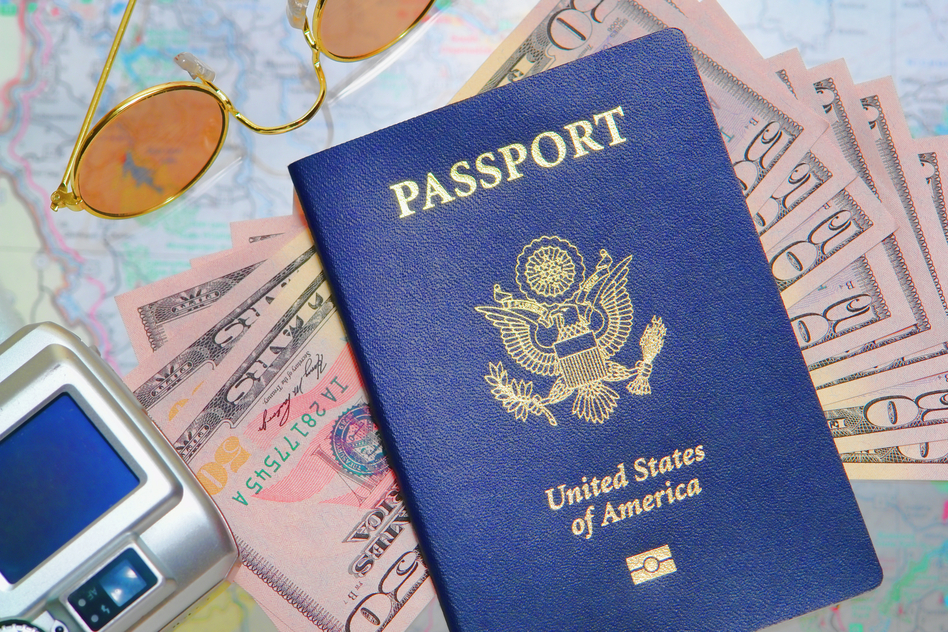
With the introduction of the new Union Customs Code (UCC) on 1 May 2016, the status of Authorized Economic Operator (AEO) became the cornerstone of the revised customs legislation in the EU.
By Bert Gevers, Jack Nuijten and Yassine El Bojaddaini
This concept of certified traders was first introduced in the EU in 2008 in order to enhance international supply chain security and to facilitate legitimate trade by certifying reliable and trustworthy traders. Under the new legislation traders seeking to benefit from customs simplifications or guarantee reductions will now mandatorily have to meet the criteria set out to become an AEO or be certified as an AEO for some of the more sophisticated simplifications (such as for example self-assessment or centralized clearance).
In order to set the scene we briefly remind you of the criteria that need to be met in order to become an AEO (article 39 of the UCC and articles 24-28 of the UCC Implementing Act):
Compliance with customs legislation and taxation rules and absence of criminal offences related to the economic activity;
- Appropriate record keeping;
- Financial solvency;
- Proven practical standards of competence or professional qualifications (only AEO Customs Simplification);
- Appropriate security and safety measures (only AEO Safety and Security).
The success of the AEO program was perhaps not as overwhelming as some of the EU legislators anticipated when the program was rolled out in 2008. In practice businesses often considered the administrative and organizational burden of the application and maintenance process too high compared to the actual benefits that the program delivered (fewer controls, easier access to simplifications, and priority treatment in case of audits). Medium sized and smaller businesses in particular considered it too much effort and often only applied for AEO status when explicitly asked by suppliers or customers. The new UCC certainly increased the burdens and added new standards such as the operator’s compliance with general taxation rules and its proven practical standards of competence, but it also created more and more tangible benefits for holders of the AEO status (including exclusive access to simplifications and guaranteed reductions or waivers). It is clear that these recent changes will result in a significant increase of the number of AEOs across the EU.
But how does this AEO status interact with an operator’s obligation to comply with export control regulations and economic sanctions?
Under the UCC an AEO should comply with customs and taxation rules and cannot be involved in criminal offences related to its economic activity. The newly published AEO guidelines indicate that the violation of dual use regulations could be a serious criminal offence related to the economic activity of the AEO. Although complying with the dual use regulation or economic sanctions is not explicitly mentioned as falling under the ‘customs rules’, there is a general and clear reference to “infringements relating to prohibitions and restrictions”.
Article 25 (1) (k) UCC IA, which provides more detail on the criterion that an AEO should keep appropriate records, requires that, “where applicable, the applicant has satisfactory procedures in place for the handling of import and export licenses connected to prohibitions and restrictions, including measures to distinguish goods subject to the prohibitions or restrictions from other goods and measures to ensure compliance with those prohibitions and restrictions“.
This is new under the UCC as the handling of import and/or export licenses connected to prohibitions and restrictions was previously included under the criterion on safety and security and as such limited to the AEOS status. It has to be seen in context with Article 25 (1) (g) UCC IA which provides that “the applicant ensures that its staff having responsibilities relevant for security issues regularly participate in programs to raise their awareness of those security issues”.
The AEO guidelines explicitly mention that these procedures may be/include:
- to distinguish goods subject to non-fiscal requirements and other goods;
- to check if the operations are carried out in accordance with current (non-fiscal) legislation;
- related to the handling of goods subject to an embargo;
- related to the handling of licenses;
- regarding other goods that are subject to restrictions;
- to identify potential dual-use goods and routines attached to their handling.
Furthermore they state that “it is crucial that the staff is aware of the importance of non-fiscal requirements, the correct classification of goods and keeping the master data up to date. Regular training or self-study of the developing legislation is mandatory for businesses dealing with above mentioned goods (…)”.
Under the AEO guidelines applicants are also asked to provide Customs with an overview of the dual use goods they are trading in and to inform Customs if they have implemented an ICP.
Based on the above one could conclude that the UCC and its Implementing Act impose on AEO applicants certain obligations which are even not (explicitly) foreseen in applicable legislation on export controls or economic sanctions.
Dual Use Regulation 428/2009 foresees for example in article 12, 2) of Regulation 428/2009 that “when assessing an application for a global export authorization Member States shall take into consideration the application by the exporter of proportionate and adequate means and procedures to ensure compliance with the provisions and objectives of this Regulation (….)”. National export control regulators competent for the issuing of licenses generally require that applicants have implemented an Internal Compliance Program (ICP) based on that provision. The obligations for AEO applicants under the UCC to establish ‘satisfactory procedures’ and ‘to train its staff’ seem thus to be broader than the obligations under Dual Use Regulation 428/2009 which only refer to applications for global licenses.
Furthermore it should be said that in the framework of the EU export control reform project efforts are being made by the Dual Use Working Party to promote convergence between the AEO program and ICPs in order to reduce the duplication of controls (see http://trade.ec.europa.eu/doclib/docs/2015/december/tradoc_154041.pdf). In Germany for example the export control regulator (BAFA) already communicates the acceptance of an ICP to Customs. Other Member States including Belgium have announced similar projects.
Another idea which is by the way discussed in the framework of export control reform is the creation of a Certified Company status which should give these certified companies benefits like license waivers for intercompany transfers or intra-EU transfers of military goods. And so we are back where we started …
Co-authors of this post are:
- EU to control export of COVID-19 vaccines amid supply crisis - February 1, 2021
- Belgium (finally) implements sanctions for violation of the EU Blocking Regulation - June 3, 2019
- Meet OFAC in Brussels and discuss the disruption of export control & sanction regimes by new technologies on 11 June 2018 - May 4, 2018







